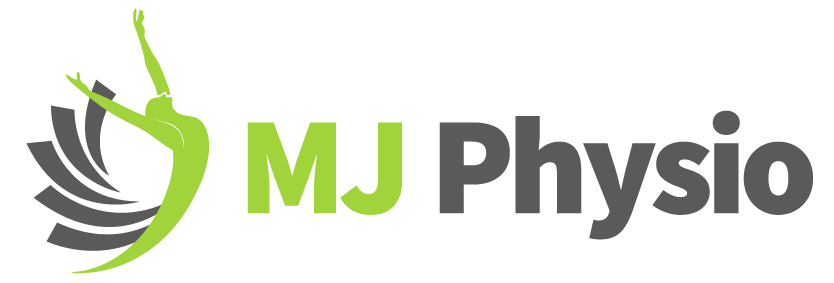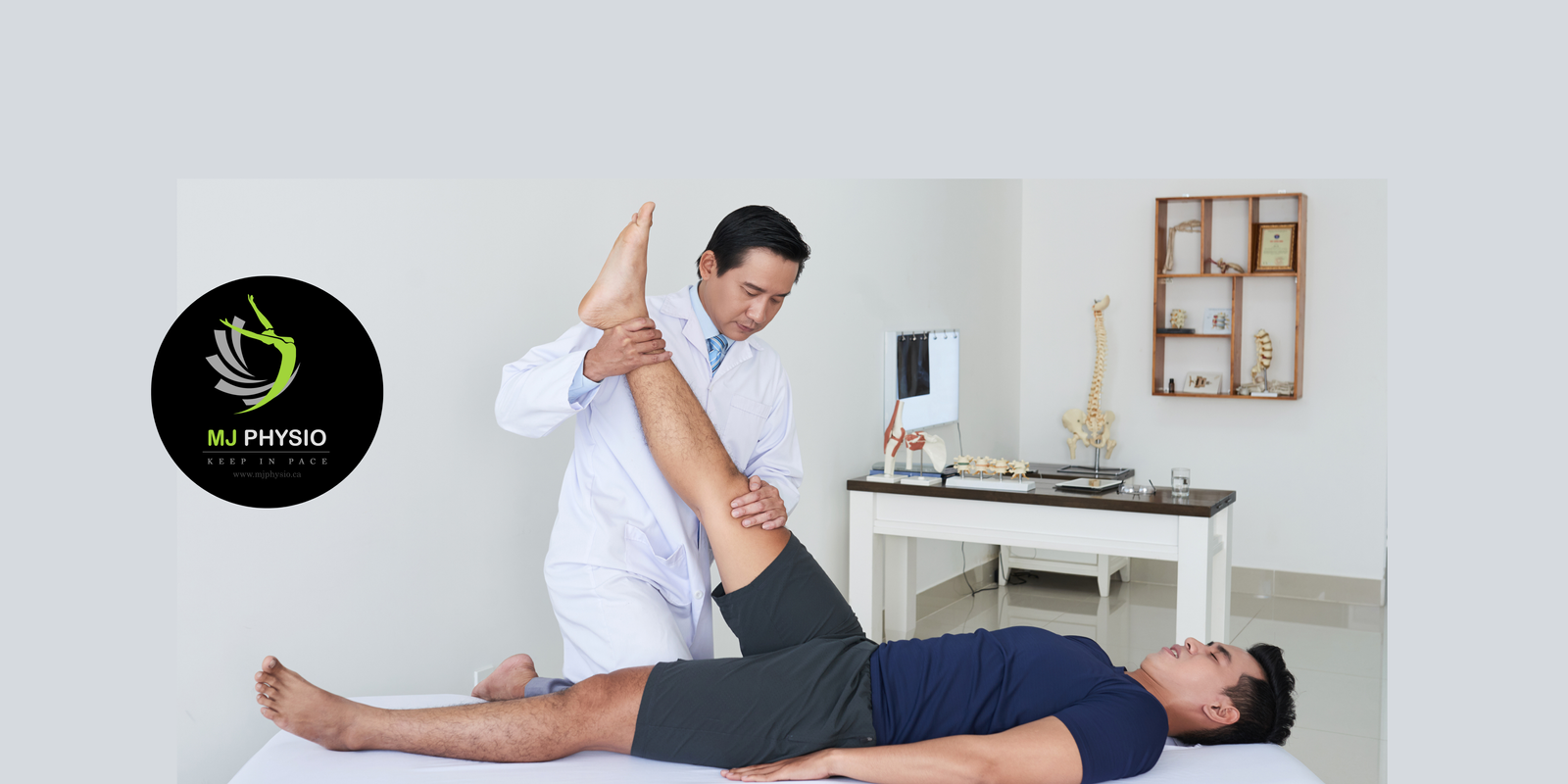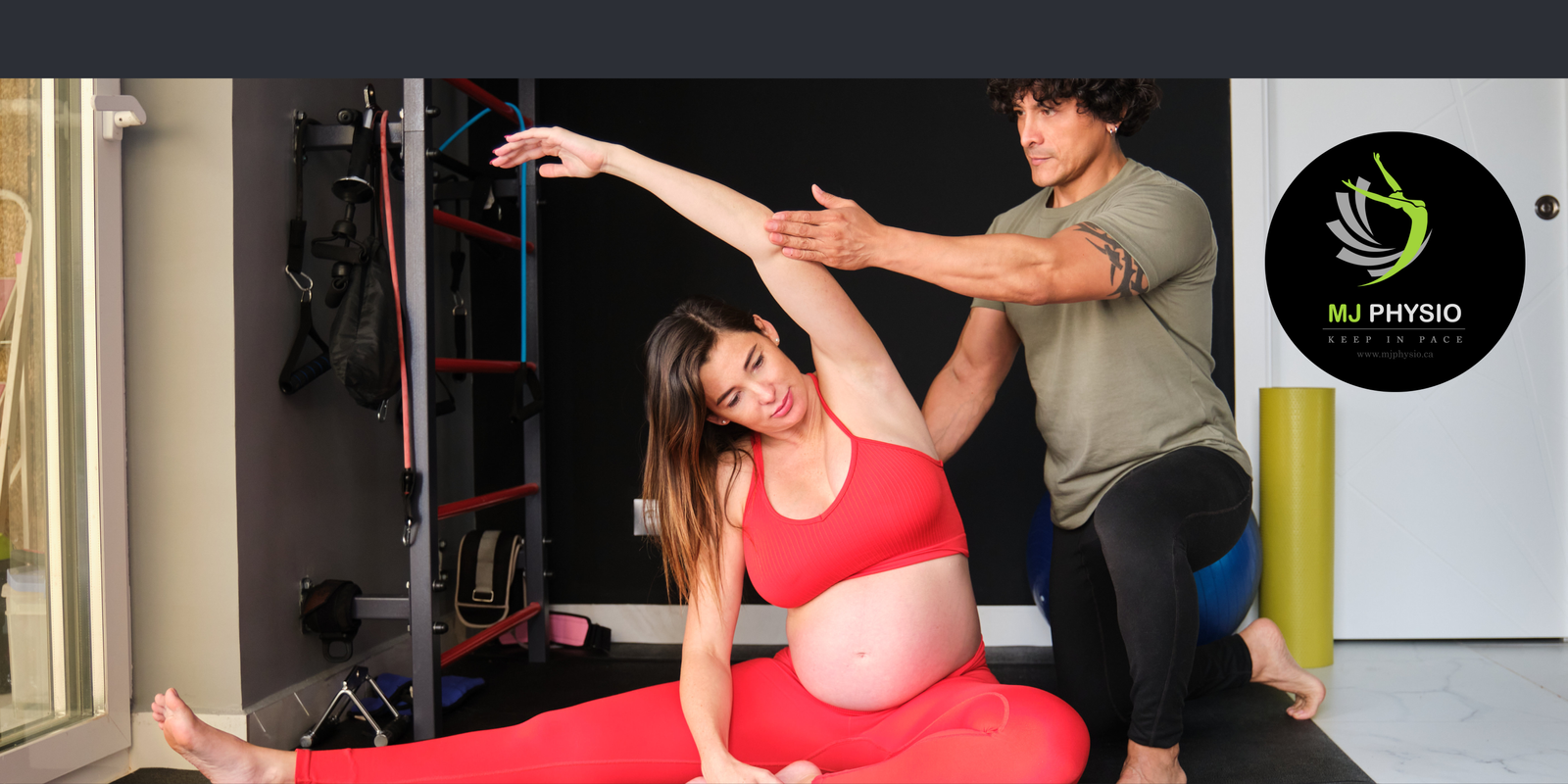In today’s fast-paced world, women often find themselves juggling multiple roles and responsibilities. Balancing career, family, and personal well-being can take a toll on their physical and mental health. Fortunately, physiotherapy offers a holistic approach to address various women’s health concerns. At MJ Physio, we understand the unique needs of women and are committed to promoting their well-being through specialized physiotherapy interventions. In this blog, we will explore the key areas where physiotherapy can make a significant difference in women’s lives.
Pre and Postnatal Physiotherapy:
Pregnancy and childbirth bring about significant changes in a woman’s body. Pre and postnatal physiotherapy focuses on maintaining a healthy pregnancy, preparing the body for childbirth, and aiding in postpartum recovery. Techniques such as exercise programs, pelvic floor rehabilitation, and manual therapy help manage conditions like back pain, pelvic girdle pain, diastasis recti, and urinary incontinence.
Pelvic Floor Rehabilitation:
The pelvic floor plays a crucial role in women’s health, supporting the pelvic organs, maintaining continence, and contributing to sexual function. Physiotherapy offers specialized pelvic floor rehabilitation to address conditions like pelvic floor muscle dysfunction, urinary or fecal incontinence, pelvic organ prolapse, and pelvic pain. Through targeted exercises, biofeedback, and manual techniques, physiotherapists can restore strength, coordination, and function to the pelvic floor muscles.
Menopause Management:
Menopause brings about hormonal changes that can lead to various symptoms, including hot flashes, sleep disturbances, mood swings, and joint pain. Physiotherapy can be a valuable adjunct to manage these symptoms. Techniques such as exercise programs, manual therapy, and relaxation techniques can help alleviate joint pain, improve sleep quality, and enhance overall well-being during this transitional phase.
Breast Health:
Breast-related issues are common among women, including mastitis, breast surgery, and breast cancer-related complications. Physiotherapy can contribute significantly to breast health by addressing lymphedema, scar tissue, pain management, and promoting overall breast health education. Techniques such as lymphatic drainage, therapeutic exercises, and scar tissue mobilization help optimize recovery and reduce discomfort.
Osteoporosis and Bone Health:
Osteoporosis, a condition characterized by decreased bone density, predominantly affects women. Physiotherapy plays a vital role in the management of osteoporosis, focusing on exercises that improve bone health, balance, and strength. Physiotherapists can create personalized exercise programs, educate on fall prevention strategies, and provide guidance on lifestyle modifications to promote optimal bone health.
Physiotherapy is a valuable and often underutilized resource for women’s health concerns. At MJ Physio, our dedicated team of physiotherapists is passionate about empowering women to take control of their well-being. Through specialized interventions, including pre and postnatal care, pelvic floor rehabilitation, menopause management, breast health, and osteoporosis management, physiotherapy can significantly improve quality of life and promote long-term health. If you’re facing any women’s health issues, don’t hesitate to reach out to our team and embark on your journey towards holistic well-being.
Remember, your health matters, and we are here to support you every step of the way!
Disclaimer: This blog is for informational purposes only and does not replace professional medical advice. Please consult with a qualified healthcare provider for personalized guidance and treatment options.






Post Comments